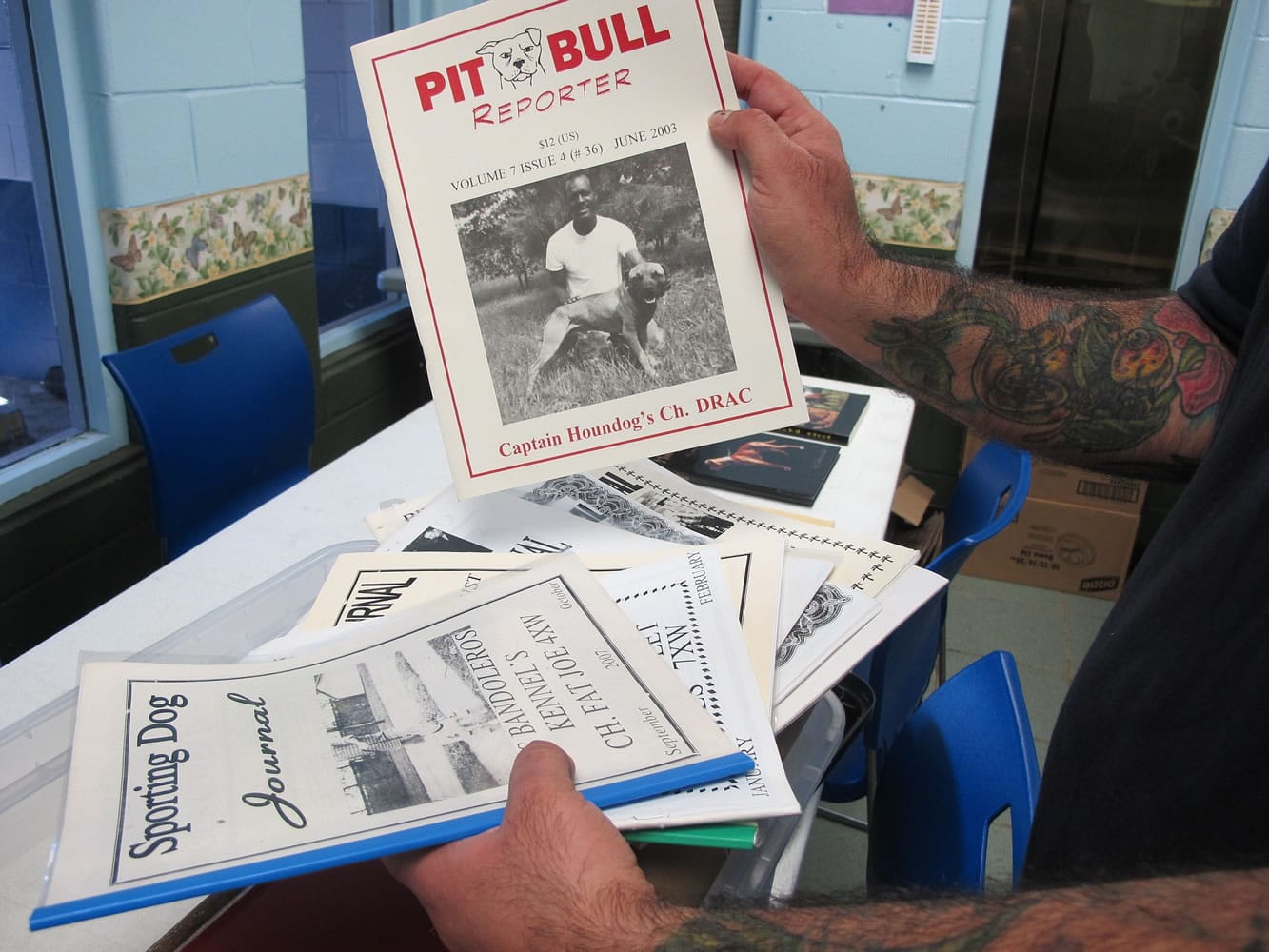JACKSONVILLE, Fla. — In the squalid Jacksonville dogfighting kennel, a champion named Bulletproof Sam sat in a makeshift wooden cage, his teeth exposed from a missing snout.
Nearby, an undercover agent with the sheriff’s office met with Sam’s breeder, a big-timer in the underground world of dogfighting named Willie Coleman, and made a deal that was caught on a hidden video camera.
Coleman — whose puppies other breeders nationwide sought for their prized bloodlines — was charged with 17 felony counts associated with dogfighting after that 2012 sting, and faced possible prison time.
It seemed like a sure win for investigators, who have gone after dogfighting with greater interest ever since NFL star Michael Vick pleaded guilty in 2007 to bankrolling a dogfighting ring and other charges, eventually serving 18 months in prison. The three largest dogfighting busts in U.S. history have occurred since 2009.
But despite being banned in all 50 states and the momentum generated by the Vick case, the ancient blood sport is thriving in the underground, with hundreds of thousands of dollars at stake on big matches, police detectives and prosecutors said.
State laws still require no minimum mandatory jail time, so while arrests and convictions can be disruptive to dogfighting rings for a short while, the practice continues to flourish.
“Unfortunately, in our courts today, animal welfare is not given the attention and seriousness that it deserves,” said Cyrus Zomorodian, the Jacksonville-based animal cruelty prosecutor who tried Coleman’s case. “We constantly fight for more court time, resources and attention.”
In 2013, after a three-year investigation that included local police and the FBI, more than 15 people were arrested, 367 dogs seized, $500,000 in cash, firearms and drugs were seized in Alabama, Georgia, Mississippi and Texas. It was the second-largest dogfighting bust U.S. history, known as the “367 case.”
“This is a much bigger problem than people realize. Law enforcement is learning that there’s an absurd amount of money involved,” said Officer Ivan Wick, a dogfighting investigator with the Milwaukee Police Department.
Authorities say dogfighting isn’t a regional phenomenon: arrest data collected by The Humane Society of the U.S. since 2011 show hundreds of busts ranging from San Francisco to New York City, and in nearly every state.
Florida prosecutor Zomorodian wants increased penalties for animal fighting to help bring more successful cases, but says either way, the cases will always be difficult.
Even though Coleman, the dog breeder who faced 17 counts, and was well-known by advocates and dogfighters alike, he received no time behind bars. His case was delayed for two years until August, when a judge taking into account Coleman’s advanced age — he’s now in his 70s — and lack of a significant prior record sentenced him to probation and set him free.
“Our victims don’t have a voice and cannot testify as to what happened,” Zomorodian said.



